The word “shiitake” is derived from the Japanese words “shii,” the oak-like tree where these mushrooms first grew, and “také,” which simply means mushroom; hence, it literally means “mushrooms of the shii tree.”
Not only are shiitakes valued for their primordial origin, but also for their various health-boosting properties that have been discovered over centuries of ancient medicine.
Having no roots, leaves, flowers or seeds, shiitake mushrooms are fungi. Famous for their meaty texture and earthy, smoky flavor, they’re the second most commonly cultivated edible mushrooms, readily available worldwide.
Shiitake mushrooms are said to have more than 10 times the flavor of white button mushrooms. The taste can intensify when they’re dried and reconstituted by soaking in water. Sautéing them lightly is the best way to maintain their taste and nutritional profile.
Although shiitake mushrooms still grow in the wild, China yields around 80 percent of the world market in production, a distinction that Japan initially held. Today, hundreds of shiitake growers in the U.S. utilize forest farming to produce shiitake mushrooms on hardwood logs.
Keep in mind that not all shiitake mushrooms are grown organically. Research shows that some shiitake mushroom products contain traces of pesticides. When purchasing, look for the “certified organic” logo on the label to ensure that they’re high-quality and chemical-free. You should also make sure they’re firm, not moist or wrinkled.
Fresh shiitake mushrooms can be refrigerated in a paper bag up to a week. If you plan to store your shiitake mushrooms longer, consider freezing or drying them. Just before use, wipe them with a clean, damp cloth to prevent sogginess.
Health Benefits of Shiitake Mushrooms
Shiitake mushrooms are biologically different from plant- and animal-derived foods, so it’s no surprise that they have a unique nutritional profile. They’re a good source of copper, one of the few metallic elements essential for maintaining normal metabolic processes and a healthy cardiovascular system.
They’re also rich in pantothenic acid and selenium, providing 21 milligrams (mg) and 46 micrograms (mcg), respectively. Pantothenic acid is a water-soluble B vitamin that plays a role in the synthesis of coenzyme A and acyl carrier protein, both of which are necessary for fatty acid synthesis and degradation. Selenium, on the other hand, is an essential trace mineral that has antioxidant properties.
Shiitake mushrooms also contain riboflavin, niacin, zinc and manganese that contribute to their antioxidant properties. They also contain ergothioniene, a bioactive compound that provides potent antioxidant, anti-inflammatory and regenerative properties, as well as lentinan, a compound that may help fight against bacterial, viral and parasitic infections. The table below provides an overview of the nutrient profile of shiitake mushrooms:
| Shiitake Nutrition Facts
Serving Size: 3.5 ounces (100 grams), dried |
||
| Amt. Per Serving |
% Daily Value* |
|
| Calories | 296 | |
| Total Fat | 0.99 g | 2% |
| Saturated Fat | 0.225 g | 0% |
| Trans Fat | ||
| Cholesterol | 0 mg | 0% |
| Sodium | 13 mg | 1% |
| Total Carbohydrates | 57.37 g | 25% |
| Dietary Fiber | 11.5 g | 46% |
| Sugar | 2.21 g | |
| Protein | 9.58 g | |
| Copper5.165 mg | Vitamin C | 3.5 mg |
| Calcium11 mg | Iron | 1.72 mg |
*Percent Daily Values are based on a 2,000 calorie diet. Your daily values may be higher or lower depending on your calorie needs.
Studies on Shiitake Mushrooms
Lentinan, a potent antifungal protein in shiitake mushrooms, may lower your risk of cancer. A study published in the Journal of Alternative and Complementary Medicine showed that oral administration of lentinan helped slow the development of small tumors. It also helped inhibit the progression of the human immunodeficiency virus (HIV) as well as the proliferation of leukemia cells.
Another study found that the spores (mycelia) of shiitake mushrooms contain compounds that may have hepatoprotective, anti-inflammatory and antioxidant properties. They may even help lower the risk of cancer for patients with chronic hepatitis.
Shiitake Mushrooms Fun Facts
Also known as “dongu” in China, shiitake mushrooms can be found growing wild in the forests of several East Asian countries. They were not allowed to be cultivated in the U.S. before the 1980s for fear that they would “escape” into the wild and harm forest trees. When eaten raw, shiitake mushrooms can cause shiitake dermatitis, a skin eruption that resembles whiplash marks. If you’re planning to use shiitake mushrooms in your meals, be sure to cook them properly.
Summary
Shiitake mushrooms are considered one of the healthiest foods. Researchers have shown that they offer antiviral, antibacterial and antitumor properties. They also contain compounds that may help boost immune health.
Shiitakes enjoy gourmet status in the culinary world, which is why they’re carefully produced through the labor-intensive method of forest farming. Sliced and sautéed, like in the recipe mentioned above, they release a tantalizing flavor unknown to other foods.

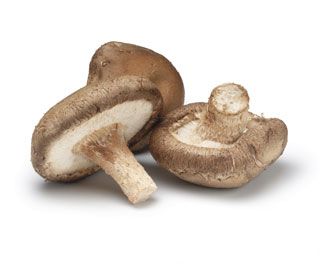
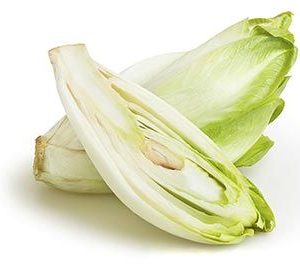
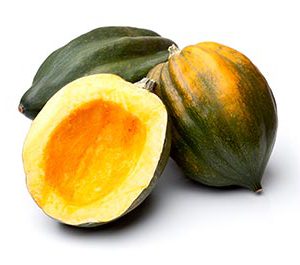
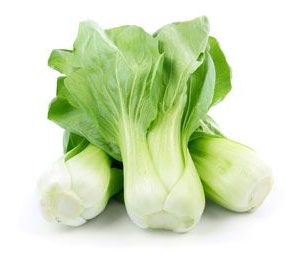
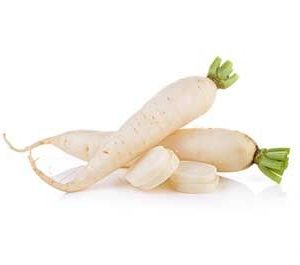
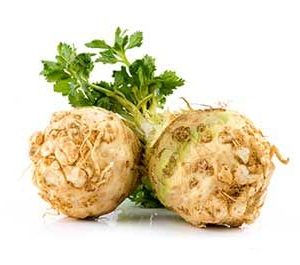
Reviews
There are no reviews yet.